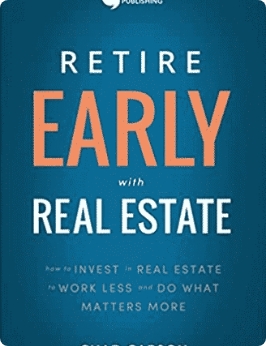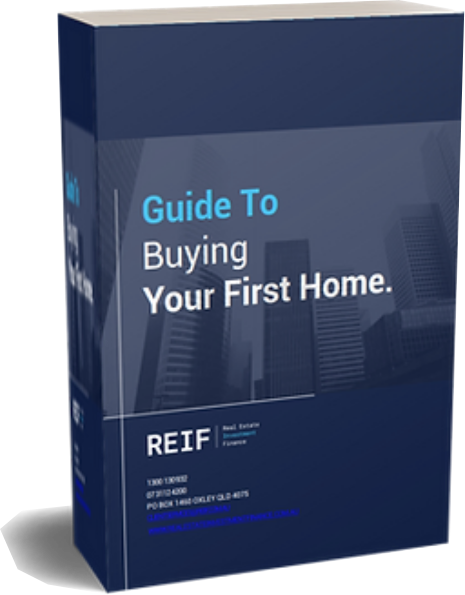When buying a dream home, the first and most apparent deciding factor is the availability of funds. You can buy a house now if you have the funds. Experts generally agree that even if you don’t pay in cash, you can afford the purchase of a new home, provided you qualify for a mortgage. But how much of a mortgage can you afford?
You’re more likely to be approved for a mortgage and receive a low interest rate if you have a higher credit score. You should aim for a minimum score of 610, but a score of 730+ or more is outstanding and will get you the best terms and interest rates for a traditional loan.
How to Increase Your Credit Score
Increase your credit score by paying bills on time, keeping paid-off accounts open, maintaining low credit card utilization, having a diversity of funds, and limiting the number of hard credit checks.
Debt-to-Income Ratio
The DTI compares your monthly debt payments to your monthly take-home pay. To be eligible for a traditional loan, it should preferably be lower than 37%. The ratio equals your gross monthly revenue divided by your monthly debt payments. Let’s assume that your gross monthly income is $3,8000 and that your total debts, including rent, are $1,200. You would then have a DTI of 30%.
You might earn $12,000 per month, but if $6,000 is used to pay your mortgage, vehicle loan, and credit card minimums, that’s a 50% DTI, which could indicate to lenders that you might be a higher-risk borrower.
Enough money for a down payment
If you put down less than 20%, your lender will need you to purchase mortgage insurance. Mortgage insurance shields the lender from loss in the event of a failure, and the premiums can be incorporated into your regular mortgage payments.
Private mortgage insurance (PMI) is required if you take a traditional loan and put down less than 20%. Once you’ve paid off 22% of your mortgage’s principal, you can usually stop making payments. You must pay a mortgage insurance premium if you have an FHA loan.
A mortgage insurance premium consists of two components. The upfront charge equals 1.75% of the loan balance paid at closing. After that, you must pay the annual premium, which ranges from 0.80% to 0.85% of the loan’s value. Depending on your down payment, you may have to pay MIP for 11 years or the entire loan’s duration. The annual premium is applied to your monthly mortgage payment.
Application for pre-approval
Obtaining a mortgage pre-approval letter is a terrific method to get ready for the home-buying process because it demonstrates to sellers that your finances are steady and that you are committed to the process.
Therefore, pre-approval for a mortgage is like getting a physical for your finances; it examines your credit, debt-to-income ratio, and other factors.
Obtaining pre-approval letters from several lenders can enable you to negotiate the best interest rate. Also, a pre-approval letter is only valid for between 60 and 90 days, depending on the lender.
Homeowner’s insurance
A standard home insurance policy provides personal liability coverage if you are found legally liable for harming someone on your property or causing damage to their property. It also covers the costs of repairing your home and replacing your valuables. Imagine that a visitor was present when your house caught fire.
In that situation, insurance could pay for the damages, the expense of replacing your possessions, and any legal or medical costs incurred if your visitor or their insurance company filed a claim against you.
Therefore, a home warranty is a distinct policy that pays for the cost of repairing or replacing essential appliances, such as home heating and cooling systems when they malfunction due to normal wear and use. Your insurance policy may cover the actual event, natural disasters, and more.
Contact Information:
Email: [email protected]
Phone: 9515552345













